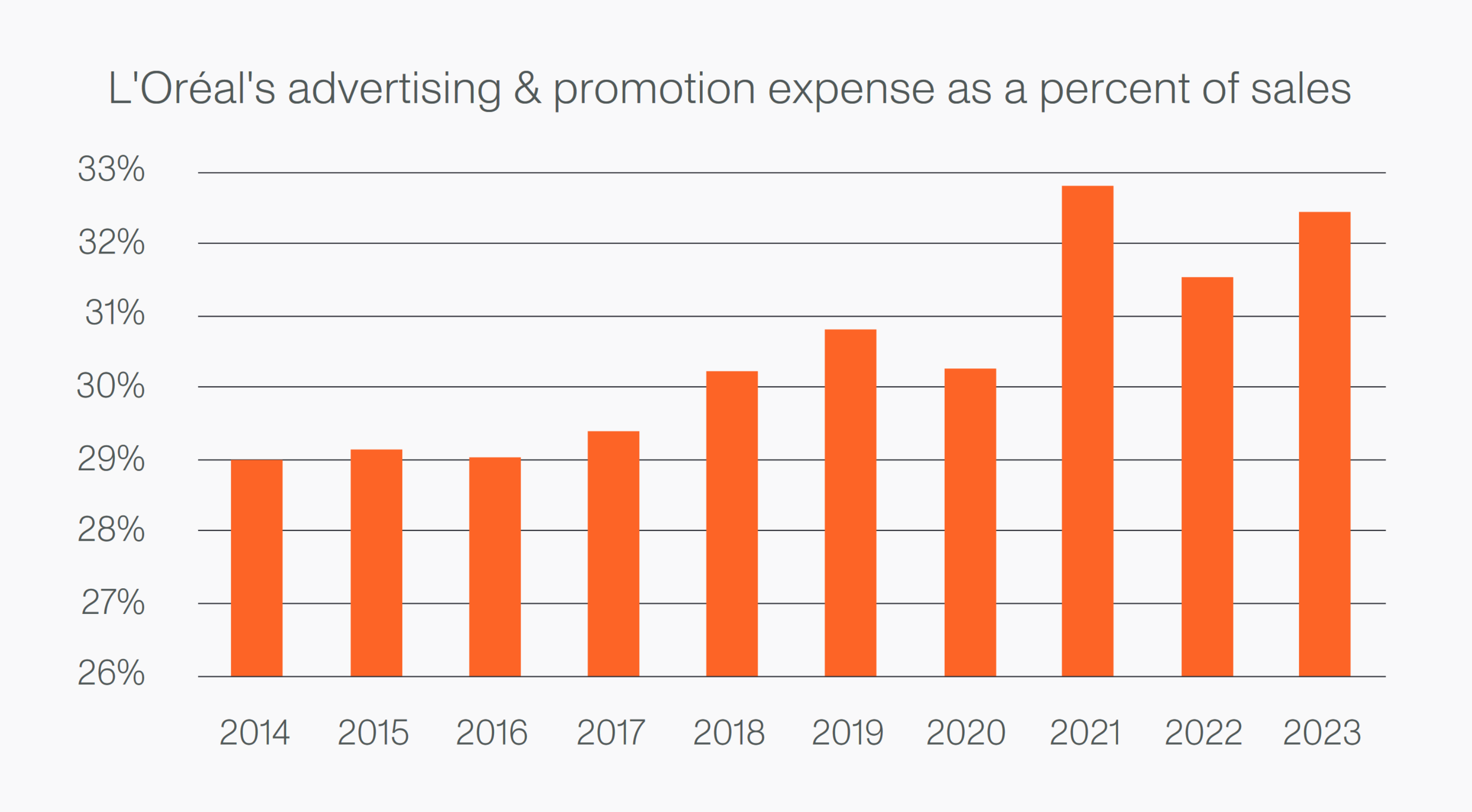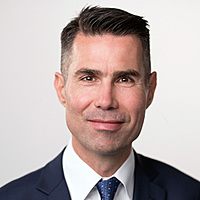Management choices that help great businesses stay great
Fade is the norm. Of the 50 largest publicly listed companies in the world 15 years ago, less than a third make the list today.
Of course, size alone isn’t greatness, and there are other relevant ways to capture fade. Of the 284 companies whose earnings per share grew at more than 8% p.a. over the decade to 2013 and whose return on invested capital averaged more than 15% over that period, only a quarter of them achieved those metrics for the following decade.
Fade is common, but not universal.
How do we identify from today’s great companies the rare ones whose growth and profitability are likely to prove persistent? Below I discuss three management choices that can help a great business successfully fight fade and remain great.
1. Price to deliver great value. Don’t be greedy.
Great businesses are often essential to their customers and for that reason they have pricing power, at least in the short-term.
Businesses that remain great don’t use that pricing power.
Companies with strong market positions that increase prices aggressively often compromise their future prosperity. Their customers are more likely to seek out alternatives and the door for competitors opens a little wider.
Businesses that successfully fight the fade don’t just preserve the value they deliver relative to the cost they charge over time; they improve it.
A great example from the Aoris portfolio of a company that has improved the value it delivers over time is Visa. Over the last 15 years, the mundane process of making a credit or debit payment using your Visa card has become immensely easier. It’s evolved from swiping your card and signing a piece of paper, to entering a 4-digit PIN, to tapping your card, to now tapping your phone or watch.
The value Visa provides to the merchants who accept cards, the banks who issue them, and consumers who spend with them, has increased dramatically over the last 15 years, yet the company’s fee has remained constant at about 0.25c per $1 spent.

Visa’s management has demonstrated a long-term mindset through its pricing decisions, and this has helped it to fight the fade.
2. Invest to grow. Profit margins don’t rise forever.
Some companies aspire to increase profit margins every year. They often underinvest in the areas that are needed to support healthy growth, and the company eventually finds itself losing market share and going backwards competitively.
To remain great, a business must grow.
If it doesn’t, its best employees will leave to work for a firm providing the salary increases and career advancement opportunities that come through growth.
Lasting growth requires investment. To grow in a durable way, a business must invest in its products and services, its people, its brands, its customer service, and its sales organisation. These investments should rise at a rate broadly similar to the growth in revenue. They are, after all, best thought of as investments rather than expenses.
L’Oréal, also owned in the Aoris portfolio, views its brands as the company’s greatest asset and is an area where it always seeks to invest more. L’Oréal’s advertising & promotion expense has risen faster than revenue, increasing from 29% of sales a decade ago to over 32% last year. Helped by this investment, L’Oréal’s revenue has consistently grown faster than its peer group.

By investing to grow, L’Oréal has beaten the fade. It has become more relevant to more consumers, and become a much more valuable business.
3. Exit underperforming areas.
Great businesses don’t stand still; they expand and experiment. Not every market expansion initiative or new product launch is successful. But persisting with weak activities can create internal distractions and adds to organisational complexity.
Staying great requires strategic discipline and sometimes uncomfortable decisions.
Great businesses that fight the fade exit their underperforming activities and focus on strengthening their core.
Compass Group is an example of a company from the Aoris portfolio that has pruned the edges to fight the fade. Compass is the world’s largest contract caterer, and in May of this year it announced it was exiting several countries. These countries, which collectively accounted for less than 1% of the company’s revenue, were either too small to build the volume scale it needs to operate profitably, or where the market is inherently price-driven and low margin.
Pruning the edges will allow Compass to put its management time and financial resources to their most productive uses, which is in its major markets of the US, Europe, the UK and Australia.
In summary
Most of today’s truly great businesses will likely follow a path of decline and decay in the coming decade or two, but not all of them. For the businesses that do become stronger, more successful and more relevant to more customers, management choices will have played a major role.
You can explore the topic of persistence and durable success in Aoris’ June quarterly feature article, which is attached in the link below.
3 topics

